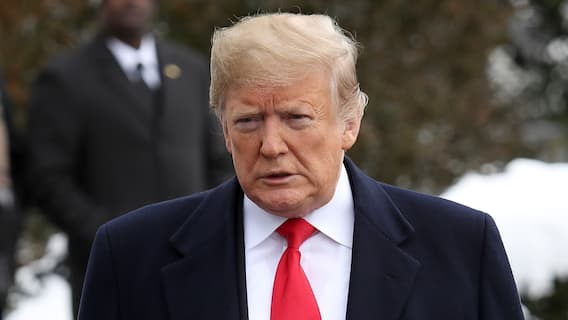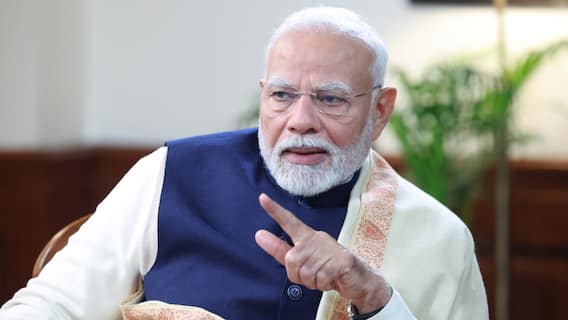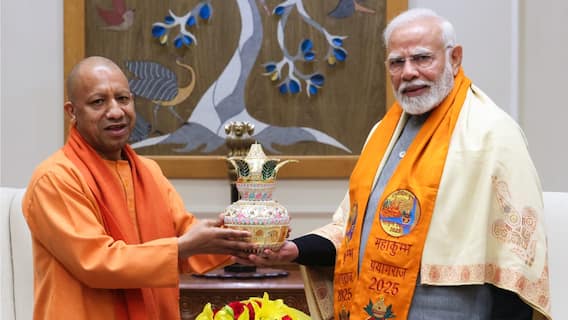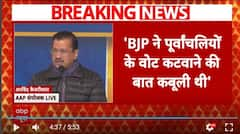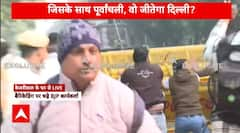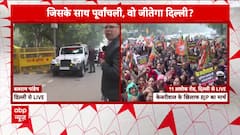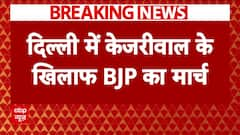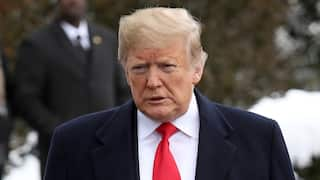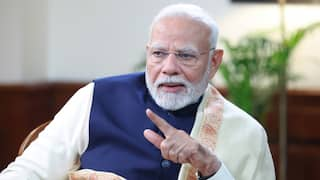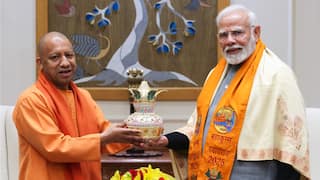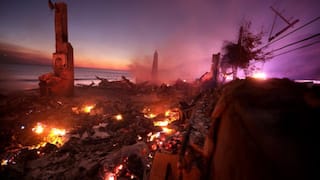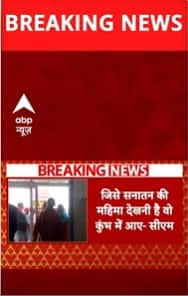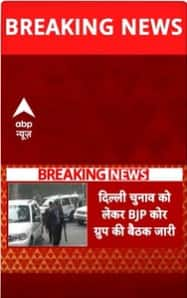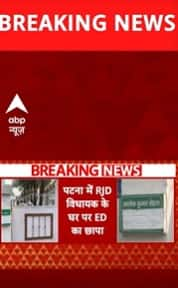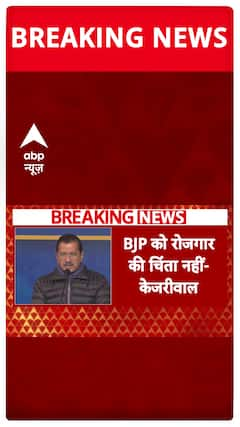Why do parents avoid government schools for their children?

Lucknow (U.P.) [India], Mar. 16 (ANI): Why do parents avoid government-run schools for their children?
"The Principal is not present today, whenever this happens then it becomes very difficult for me to handle the children. I have to take care of the arrangements for the mid-day meal, fill the attendance registers and teach five classes simultaneously", said Poonam Singh, a teacher at the primary school at Ajgain village, 12 km away from Unnao district, near the city of Kanpur.
At 9 o'clock in the morning when the children were supposed to be in their classrooms, they were playing outside the classroom. This situation can be seen in many schools in the state where you will find only one teacher for all the classes.
We are talking about government schools in Uttar Pradesh where the government pays the teachers handsome salaries so those poor children can also get a good education and move ahead in life.
While 139 children are registered in the school, only 60 were present. There are four more appointed teachers in the school who were not present. At the other nearby primary school, the children said, "Madam has not come yet, she comes from the city and that is the reason why she gets late".
One reason for the declining level of quality education in government schools is also the lack of teachers. According to information given to the Lok Sabha, there is a shortage of 55,859 teachers in higher secondary schools in Uttar Pradesh, while about 2.5 lac posts in primary schools are vacant. Under the Right to Education Act, there should be one teacher for every 35 students in the higher secondary schools.
SDG 4 states - Ensure inclusive and equitable quality education and promote lifelong learning opportunities for all
4.1 By 2030, ensure that all girls and boys complete free, equitable and quality primary and secondary education leading to relevant and effective learning outcomes
4.2 By 2030, ensure that all girls and boys have access to quality early childhood development, care and pre-primary education so that they are ready for primary education
We need to follow the above-mentioned goal and targets so that India achieves unprecedented development in the field of education by 2030. But the following factors may be a hindrance.
Even after good facilities being provided, parents avoid government schools
Free education is provided to children in the council schools. Copybooks and lunch are provided free along with school uniforms, scholarships are also offered. In spite of all these facilities, parents want to send their children to private schools where they have to pay the full fees and the same facilities are also not available.
Because they believe that the education level in government schools is constantly going down. Children come, but not the teachers. Quite often teachers do not even come to school, and their colleagues mark their attendance.
Higher education is next to impossible due to exorbitant fee structures
Now if we talk about higher education, it is a huge challenge for the students of rural India. Engineering is a big thing for the people of village Barabanki because very few young people in the village are able to move towards higher education.
However, the interest of rural youth is gradually increasing towards higher education. The curriculum being in English, the college fees being nearly equivalent to the amount that they earn from their fields and family responsibilities are the obstacles that rural youth have to overcome in order to pursue their higher studies.
Despite the interest and awareness among rural youth, there is still a huge gap between the youth from rural areas and from urban areas. Explaining this, Dr. G. S. Mehta, Professor of Giri Institute of Development Studies, Lucknow explained, "The children of the village are reluctant to take up engineering and technical education as they have studied in government schools from the beginning and nowadays the technical education has developed so much that they have a lot of difficulty in understanding".
Dr. G.S. Mehta has done a thorough study on the state of affairs of education in rural areas. He said, "Due to lack of resources, it is difficult for rural youth to get admission into big colleges; even if they somehow get admission, they leave the course after the first or second semester. Most of the poor farmers do not have enough money to pay the fees for big colleges and get into heavy debts". He further explains, "The International Educational and Research Union released a report in 2013, according to which a large difference is seen in the enrollment ratio of higher education in rural and urban areas. Where the enrollment rate is 23 percent in cities, it is only 7.5 percent in rural areas. The enrollment for women is 22 percent in urban areas and only 5 percent in the villages".
In such a situation, if the education budget is taken into consideration, then we will find that every year the state government gives budgets of billions of rupees for government schools, despite this, the education system in government schools seems to be off track.
Finance Minister Shri. Arun Jaitley has increased the budget by Rupees 15 thousand crores for higher education in this year's education budget, making the total education budget a whopping 1.3 lac crore rupees.
At the same time, a provision of Rs. 665 billion has been made in the education sector in U.P., as well as several new schemes have been started, like the Ahilyabai Free Education Scheme which ensures free education for girls till the graduation level. All Students from classes 1 to 8 get free books, free uniforms, and free education till the secondary level costing the exchequer a sum of approx. Rs. 600 crores.
The government claims that efforts are being made to improve education. The State Government is focusing on primary, secondary and higher education. Now we have to wait and watch how much improvement takes place in the education levels after this budget.
How can improvement take place?
The condition of education in the villages is pathetic. The literacy rate in villages is close to 58 percent whereas in the cities it is nearly 80 percent. The literacy rate of rural women is around 46 percent and 73 percent for urban women.
If the same people are approached who have been responsible for the current state of affairs in the education system to give tips on education reforms, then you will not get the desired results. To get the best results the education system needs people with a fresh mindset.
Number of 'study days' should be extended
Although everything may be fine, if there is a scarcity of time, it will be impossible to provide quality education. Nowadays you have 54 public holidays, 48 Sundays, 40 days of summer holidays, 20 days for admissions and examinations, 15 days for excess rain and extreme cold, 10 days for bandhs, bereavement of some politician, strikes, etc. and 20 days during the Rabi and Kharif season. Thus, only 158 days remain for studies.
The system is so uncertain and indecisive that sometimes it is said that board exams will be conducted for the students of class 5, then it is said that no one will be failed/held back till he or she reaches class 10.
As a result, no one wants to take anything seriously - neither the education board nor the students or the teachers.
Keeping the ground situation in mind, we have to ensure that we reach our goal by 2030 of providing quality education to all boys and girls through the implementation of various schemes. Work has been started, but achieving this goal is going to be quite a challenge. However, if seen in a positive way, accepting challenges and achieving the goals given to us has always been something that we Indians take pride in.
The views expressed in the above article are that of Shrinkhala Pandey of Charkha Features. (ANI)
This story has not been edited. It has been published as provided by ANI
Trending News
Top Headlines







